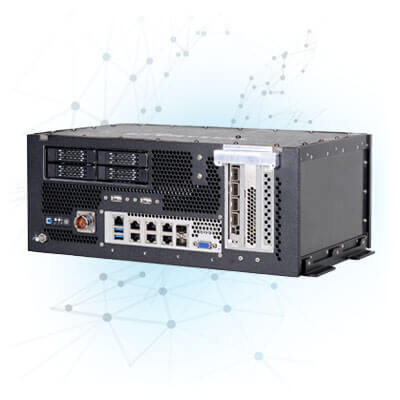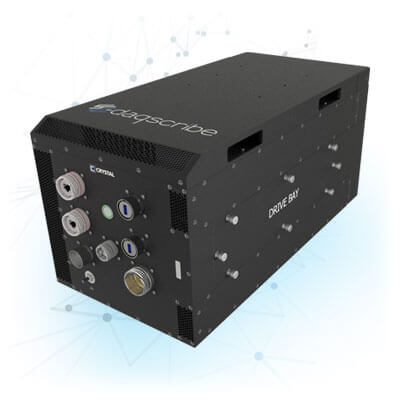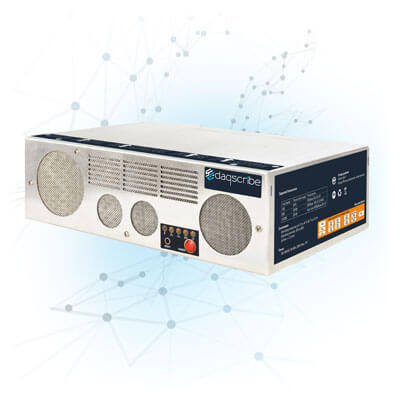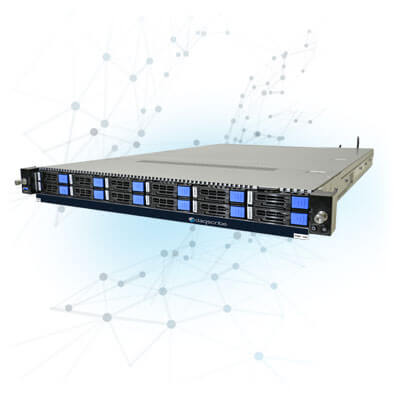Advanced Encryption Standard (AES)
A symmetric block cipher chosen by the U.S. government to protect classified information. AES is implemented in software and hardware throughout the world to encrypt sensitive data. AES256 refers to AES with a 256-bit key, one of the most secure encryption methods available.
Letter of Volatility (LOV)
A document that details the types and volatility of information storage in a system or component. It usually explains how to securely erase data from the system and may list any non-volatile memory components where data could persist.
Linux Unified Key Setup (LUKS)
A disk encryption specification that is a standard for Linux and helps secure data on devices by requiring a passphrase or key for access.
Security Technical Implementation Guides (STIGs)
Guidance developed by the Defense Information Systems Agency (DISA) to help secure software and systems against cyber threats. They are a set of documents that recommend how to configure systems to maximize security.
Computer Network Operations (CNO)
Encompasses a broad range of actions aimed at the operation and defense of computer networks. This can include both offensive and defensive operations.
Computer Network Defense (CND)
Activities designed to defend against unauthorized activity within computer networks. This involves detecting, responding to, and preventing threats to maintain the integrity, confidentiality, and availability of data.
Computer Network Attack (CNA)
Actions taken via computer networks to disrupt, deny, degrade, or destroy information resident in computers and computer networks, or the computers and networks themselves.
Computer Network Exploitation (CNE)
Encompasses actions aimed to exploit enemy computer systems or networks to collect intelligence, usually without causing damage.
Network Operations (NetOps)
The management, provisioning, operation, and monitoring of a computer network, ensuring the network is available and performing well for its users.
Operations Security (OPSEC)
A process that involves identifying critical information to determine if friendly actions can be observed by enemy intelligence, determines if information obtained by adversaries could be interpreted to be useful to them, and executes selected measures that eliminate or reduce adversary exploitation of friendly critical information.
Psychological Operations (PSYOP)
Activities conducted to convey selected information and indicators to audiences to influence their emotions, motives, and objective reasoning, and ultimately the behavior of governments, organizations, groups, and individuals.
Information Warfare (IW)
A concept involving the use and management of information and communication technology in pursuit of a competitive advantage over an opponent. It may involve collection of tactical information, assurance that one’s own information is valid, spreading of propaganda or disinformation to demoralize or manipulate the enemy and the public, undermining the quality of opposing force information and denial of information-collection opportunities to opposing forces.
Information Operations (IO)
The integrated employment of electronic warfare (EW), computer network operations (CNO), psychological operations (PSYOP), military deception (MILDEC), and operations security (OPSEC), in concert with specified supporting and related capabilities, to influence, disrupt, corrupt or usurp adversarial human and automated decision making while protecting our own.
Event Log(ing)
The process of recording events taking place within an organization’s systems and networks. Logs are records of events that happen in an information system or network, often used for troubleshooting purposes or for security monitoring and response.




